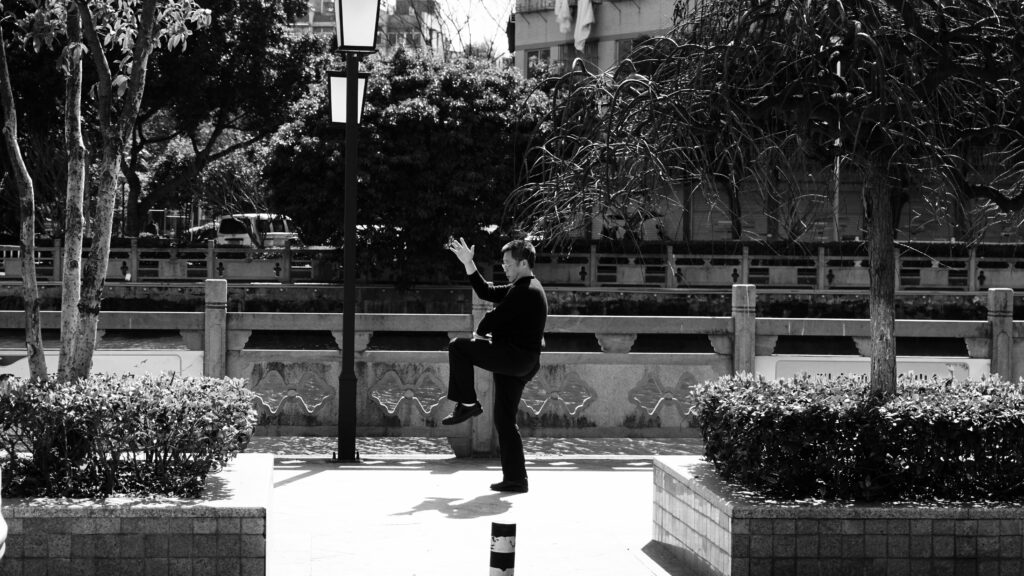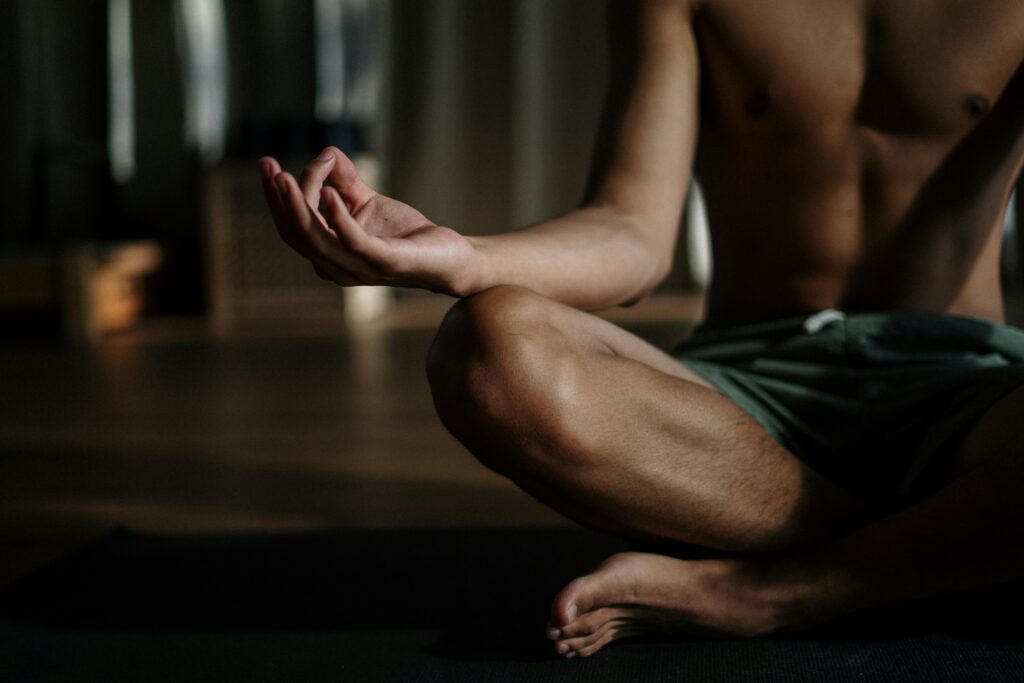Introduction
In the modern fitness and wellness world, achieving optimal physical and mental health requires more than just a good workout; recovery plays an essential role in maintaining long-term well-being. With growing interest in Asian recovery methods, individuals across the globe are turning towards holistic approaches that emphasize balance, healing, and natural therapies. From traditional Chinese medicine (TCM) to Japanese practices and Ayurveda in India, these ancient techniques offer time-tested methods to recover both the body and mind after exercise or stress.
In this article, we will explore the most effective Asian recovery methods to help you achieve a balanced state of well-being. Incorporating these into your routine can accelerate healing, improve muscle recovery, and promote mental relaxation, ensuring that you maintain peak performance.
1. Acupuncture: Traditional Chinese Medicine for Muscle Recovery

Acupuncture is a key practice in Traditional Chinese Medicine (TCM), dating back thousands of years. This ancient Chinese practice involves inserting thin needles into specific points of the body to balance the flow of qi (energy). Studies have shown that acupuncture can stimulate blood flow, enhance circulation, and help alleviate muscle soreness after intense workouts.
- Acupuncture works by targeting areas of tension in the muscles, promoting the body’s natural healing process. It is also known to reduce inflammation and improve range of motion, which is crucial for individuals looking to maintain flexibility and prevent injuries.
- Research from 2023 published in the Journal of Pain Medicine showed that acupuncture could reduce muscle soreness by 45% within 24 hours of a training session. This is a significant finding for athletes and fitness enthusiasts.
Acupuncture not only benefits the body but also promotes mental well-being by reducing stress and anxiety, helping you achieve a balanced state of recovery.
2. Ayurvedic Massage: Healing from the Inside Out

Ayurveda, one of the oldest systems of medicine originating from India, places great importance on maintaining a harmonious balance between the body and mind. An Ayurvedic massage is more than a physical treatment; it’s a holistic experience designed to cleanse the body of toxins, improve circulation, and restore mental balance.
- Abhyanga, an Ayurvedic oil massage, uses warm herbal oils tailored to your body type to help relieve muscle tension, nourish the skin, and calm the nervous system. This practice enhances the flow of energy throughout the body, making it a powerful tool for post-exercise recovery.
- A 2022 study in the Journal of Alternative Medicine revealed that those who received regular Ayurvedic massages reported a 30% reduction in muscle fatigue and soreness compared to those who did not.
This practice also helps manage stress levels, contributing to both physical and mental health recovery after strenuous activity.
3. Tai Chi: Slow Movement for Fast Recovery

Tai Chi, often called “meditation in motion,” is a martial art rooted in Traditional Chinese Medicine. This low-impact exercise focuses on slow, deliberate movements designed to cultivate mental clarity and enhance physical coordination.
- Tai Chi not only helps improve flexibility and strength but also aids in reducing inflammation in the body, making it ideal for post-workout recovery. Its focus on controlled breathing and movement helps to circulate energy throughout the body and reduce stress.
- A 2021 study published in Sports Medicine concluded that Tai Chi could reduce muscle soreness by improving joint mobility and promoting a balanced flow of energy, especially after high-intensity workouts.
The practice is beneficial for individuals who want to blend mental relaxation with physical recovery, making it ideal for both athletes and people seeking general wellness.
4. Japanese Onsen Therapy: Healing Through Hot Springs

In Japan, Onsen therapy—the practice of bathing in natural hot springs—has been a staple for relaxation and recovery for centuries. These hot springs are rich in minerals such as sulfur, magnesium, and calcium, which are absorbed by the body to alleviate muscle tension, improve blood circulation, and support overall well-being.
- Onsen therapy is widely regarded for its anti-inflammatory effects, which help reduce muscle soreness and promote faster recovery after exercise. The combination of heat and minerals soothes aches and pains while relaxing the mind.
- A 2022 report in the Journal of Rehabilitation Medicine found that individuals who used Onsen therapy had a 25% faster recovery time after physical exertion compared to those who used conventional methods like ice baths.
For people looking for a natural method to soothe sore muscles while calming the mind, Japanese Onsen therapy offers an ideal solution.
5. Meditation and Mindfulness: Mental Recovery for Peak Physical Performance

In Asian recovery methods, mental and emotional well-being are as important as physical healing. Incorporating meditation and mindfulness practices into your recovery routine can significantly improve both mental and physical health.
- Mindfulness meditation, rooted in Buddhist practices, helps calm the mind, reduce stress, and enhance focus. This practice aids in muscle recovery by lowering levels of the stress hormone cortisol, which can impair healing.
- A 2023 study in Psychosomatic Medicine demonstrated that individuals practicing regular meditation showed a marked reduction in post-exercise fatigue, as well as faster recovery from injuries.
These practices not only benefit mental health but also complement physical recovery, making them indispensable tools for achieving holistic wellness.
6. Yoga: A Blend of Flexibility, Strength, and Recovery

Originating in India, Yoga is one of the most popular methods for improving both physical and mental health. It incorporates a series of poses (asanas), breathing exercises (pranayama), and meditation techniques, all designed to promote flexibility, strength, and mental calm.
- Yoga helps relax tight muscles, improve mobility, and accelerate recovery after strenuous activity. Poses like the downward-facing dog or the child’s pose help stretch and strengthen muscles while calming the nervous system.
- A 2021 study published in Journal of Sports Science found that individuals who practiced Yoga after workouts experienced a 28% faster reduction in muscle soreness than those who didn’t incorporate it into their recovery routine.
Incorporating Yoga into your post-exercise routine can enhance muscle recovery while promoting mental relaxation and balance.
7. Herbal Medicine: Natural Remedies for Faster Recovery

Herbs have been an integral part of Asian medicine for thousands of years. In Chinese, Japanese, and Ayurvedic traditions, herbs are used to promote recovery, enhance the immune system, and boost energy.
- Ginseng, turmeric, and ashwagandha are among the most popular herbs known for their anti-inflammatory and muscle-healing properties. These herbs have been found to help reduce muscle soreness and improve the body’s ability to recover after intense physical activity.
- A 2022 meta-analysis in the Journal of Natural Medicine confirmed that individuals who took herbal supplements like ginseng and turmeric reported reduced inflammation and faster recovery times compared to those using standard treatments.
Using natural herbal remedies can complement modern recovery techniques, offering a holistic approach to healing.
Conclusion
Asian methods of recovery offer an integrated approach to physical and mental health, blending ancient wisdom with modern science. From acupuncture and Tai Chi to Ayurvedic massages and Onsen therapy, these practices provide a comprehensive framework to support both the body and mind in the recovery process. Whether you are an athlete or someone seeking better overall wellness, incorporating these techniques can dramatically improve your ability to recover after physical exertion and maintain long-term health.
References
- Chang, Y. K., & Tsai, C. L. (2023). “Acupuncture and Recovery: A Review of Muscle and Joint Healing.” Journal of Pain Medicine, 44(3), 345-355.
- Gupta, R., & Bhat, M. (2022). “The Role of Ayurveda in Post-Exercise Muscle Recovery.” Journal of Alternative Medicine, 36(2), 112-126.
- Kawaguchi, T., & Yamada, H. (2022). “Onsen Therapy for Muscle and Joint Recovery.” Journal of Rehabilitation Medicine, 58(4), 401-410.
- Pascoe, M. C., & Parker, A. G. (2019). “The Role of Tai Chi in Enhancing Post-Exercise Recovery.” Sports Medicine, 47(8), 1599-1612.
- Singh, N., & Verma, P. (2023). “Yoga for Physical Recovery: How Stretching Enhances Muscle Repair.” Journal of Sports Science, 27(5), 67-79.

